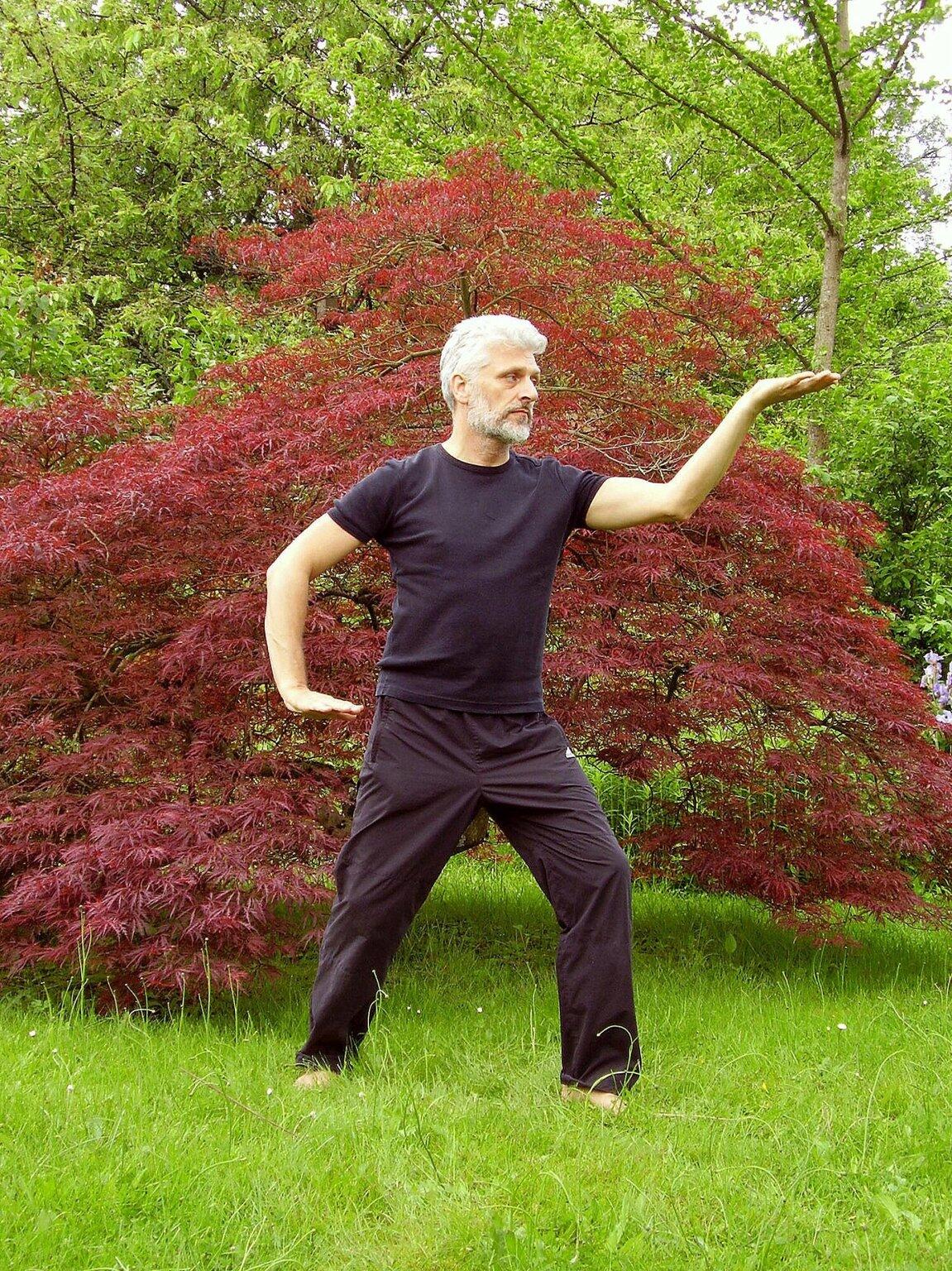Tai Chi is an ancient Chinese tradition that has spread across the globe. It is not just a form of gentle martial arts. It is a practice steeped in health benefits, balance, and harmony.
For fitness enthusiasts wanting to deepen their Tai Chi knowledge or take their practice to a professional level, certification can be a significant goal. However, navigating the pathway to certification can seem complex.
Here’s a simplified guide to understanding the requirements for Tai Chi certification.
Find the Right Certification Program
Not all certification programs are equal. Some have a more rigorous curriculum geared towards traditional Tai Chi principles. Others may be more modern or focused on specific applications, such as health or self-defense.
To start your Tai Chi certification journey, scout different programs that align with your goals and approach to Tai Chi. Look for Tai Chi certifications online or in person that are accredited by reputable organizations and have an experienced Tai Chi instructor.
Be sure to consider the program’s structure. Is it a series of workshops, a year-long course, or something in between?
The time commitment will play a significant role in your decision. More intensive programs might require you to dedicate more time to your training. Remember, the best fit is one that matches your aspirations, learning style, and commitment level.
Understand the Curriculum
Each certification program has a designed curriculum. They are usually structured around learning specific forms, the philosophy behind Tai Chi, and teaching methodology.
It’s essential to understand the depth and breadth of the curriculum. This will help you gauge how well it aligns with your learning goals and prior Tai Chi experience.
Commit to Your Practice
Certification in Tai Chi is earned through practice – lots of it. Committing to regular, focused practice is crucial to mastering the forms and the underlying principles.
Depending on your learning style and the program’s structure, this practice might be self-guided. You may also be required to attend regular classes or workshops.
It is said in Tai Chi that one should ‘practice without ceasing’. Take this mantra to heart, and make your Tai Chi stretches and practice a consistent part of your daily routine. The deeper your understanding and embodiment of Tai Chi principles, the more effective and fulfilling your practice and eventual teaching will be.
Prepare for Evaluation
Most certification programs will have an evaluation process to determine if you are ready to be certified. This could include a written exam, demonstration of forms, and teaching a class.
Begin preparing for this evaluation well in advance. Use your practice time to hone your skills and improve any areas where you feel less confident. Seek feedback from your instructor to help refine your technique.
Remember, the evaluation is an opportunity to showcase your dedication and progress in Tai Chi. Embrace it with a positive attitude and continue to learn and improve even after you receive your certification.
Tai Chi Certification: Never Stop Learning
Tai Chi is a lifelong journey of learning and self-discovery. Obtaining Tai Chi certification is just one milestone along this path. Once certified, continue to deepen your knowledge and skills through ongoing practice and seeking guidance from experienced masters.
Remember that certification is not the end of your Tai Chi journey but rather a stepping stone to further growth and development. Embrace the process and enjoy the many benefits that Tai Chi has to offer. Keep practicing, keep learning, and always stay open to new possibilities.
Was this article helpful? Then check out the rest of our site for more.





Be First to Comment